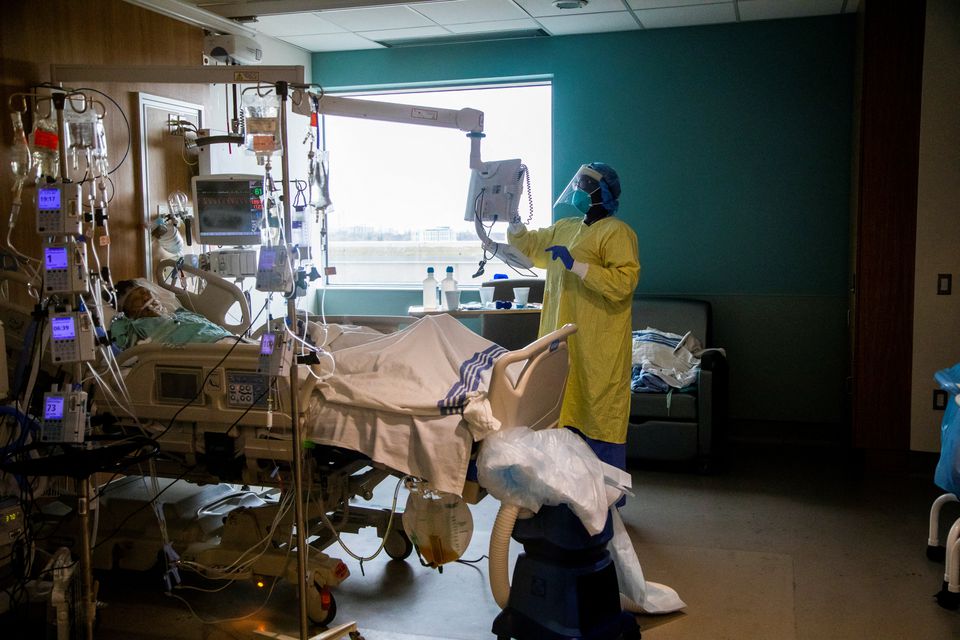The Omicron-fuelled wave of COVID-19 infections has led wealthy countries to intensify their recruitment of nurses from poorer parts of the world, worsening dire staffing shortages in overstretched workforces there, the International Council of Nurses said.
Sickness, burnout and staff departures amid surging Omicron cases have driven absentee rates to levels not yet seen during the two-year pandemic, said Howard Catton, CEO of the Geneva-based group that represents 27 million nurses and 130 national organisations.
To plug the gap, Western countries have responded by hiring army personnel as well as volunteers and retirees but many have also stepped up international recruitment as part of a trend that is worsening health inequity, he continued.
"We have absolutely seen an increase in international recruitment to places like the UK, Germany, Canada and the United States," Catton said in a Reuters interview based on a report he co-authored on COVID-19 and the global nursing force.
"I really fear this 'quick fix solution' – it's a bit similar to what we've been seeing with PPE (personal protective equipment) and vaccines where rich countries have used their economic might to buy and to hoard - if they do that with the nursing workforce it will just make the inequity even worse."
Even before the pandemic there was a global shortage of 6 million nurses, with nearly 90% of those shortages in low and lower-middle-income countries, according to ICN data.
Some of the recent recruits to rich countries have come from sub-Saharan Africa, including Nigeria, and parts of the Caribbean, Catton said, saying that nurses were often motivated by higher salaries and better terms than at home.
The ICN report said this process was also being facilitated by giving nurses preferred immigration status.
"The bottom line is that some people would look at this and say this is rich countries offloading the costs of educating new nurses and health workers," he said.
Even wealthy countries will struggle to cope with the "mountains of backlog of unmet care" when the pandemic winds down, Catton warned, calling for more investment and a ten-year plan to strengthen the workforce.
"We need a coordinated, collaborative, concerted global effort which is underpinned by serious investment, not just warm words and platitudes and applause," he said.




















































